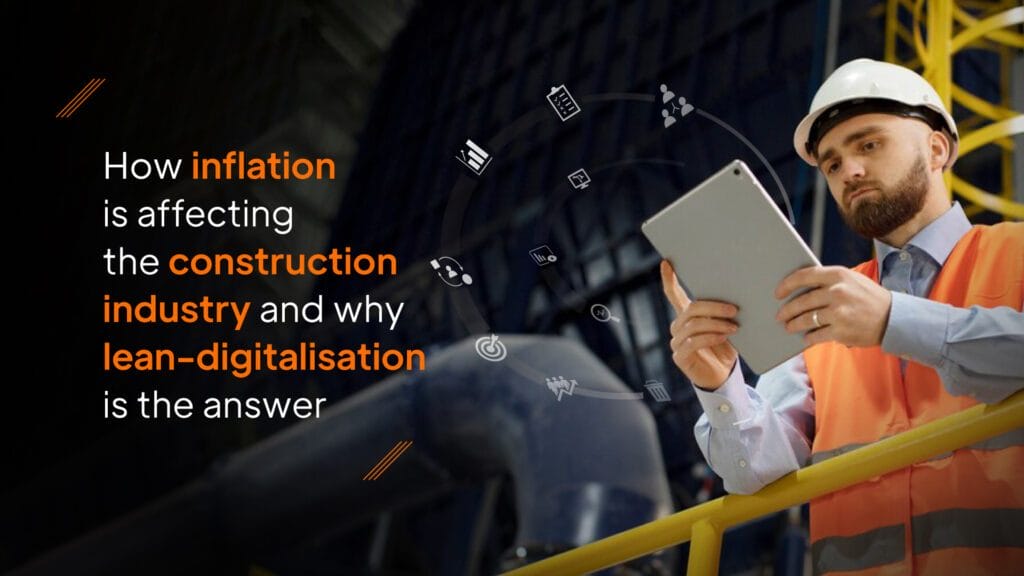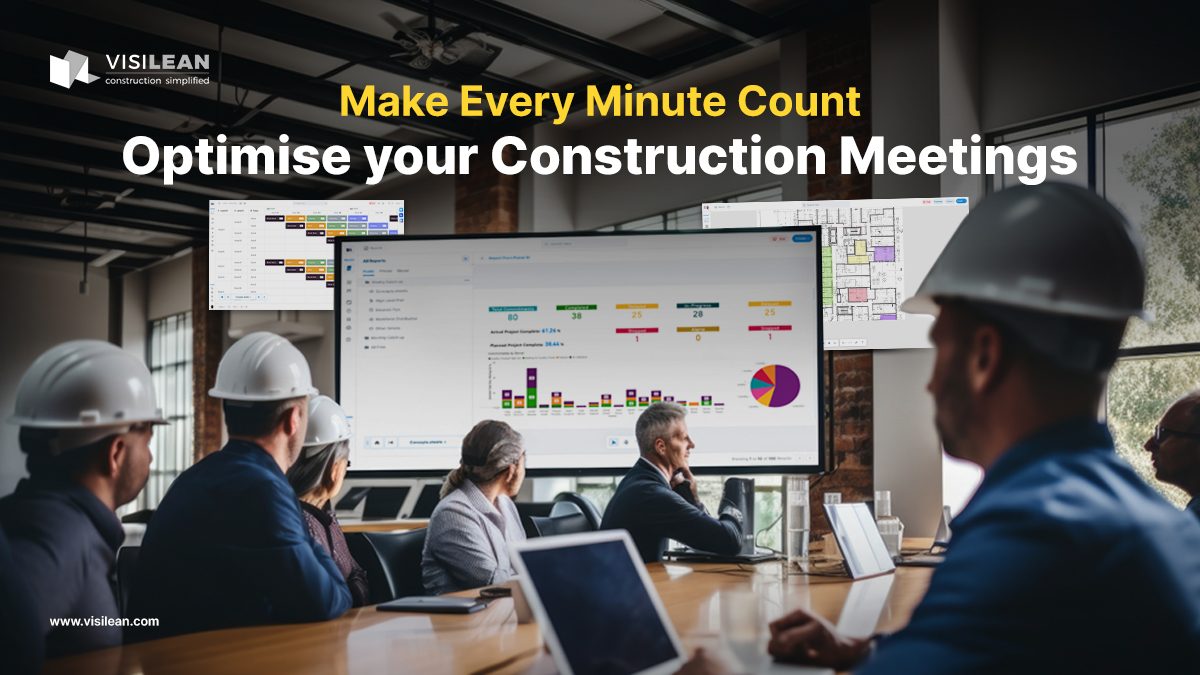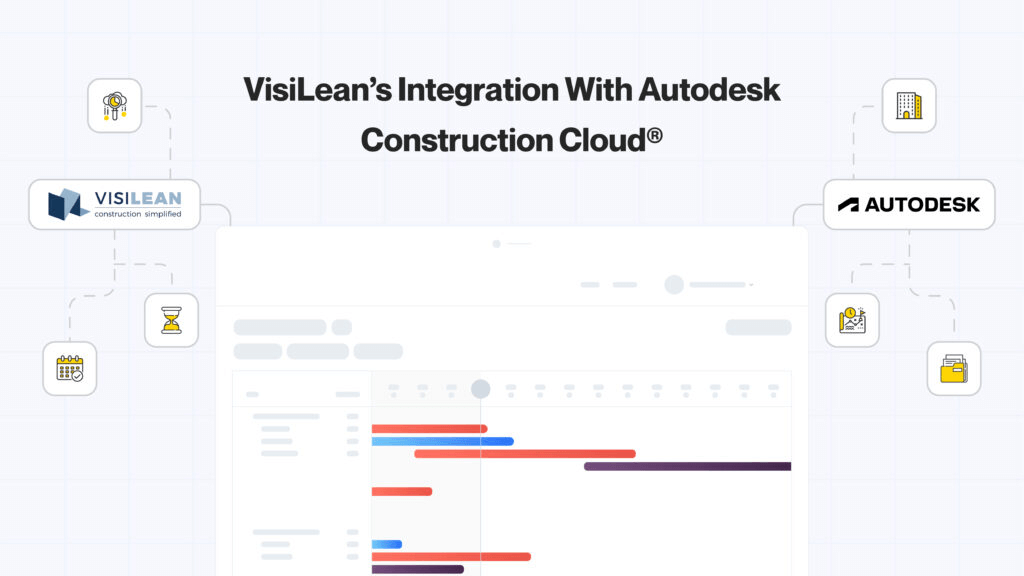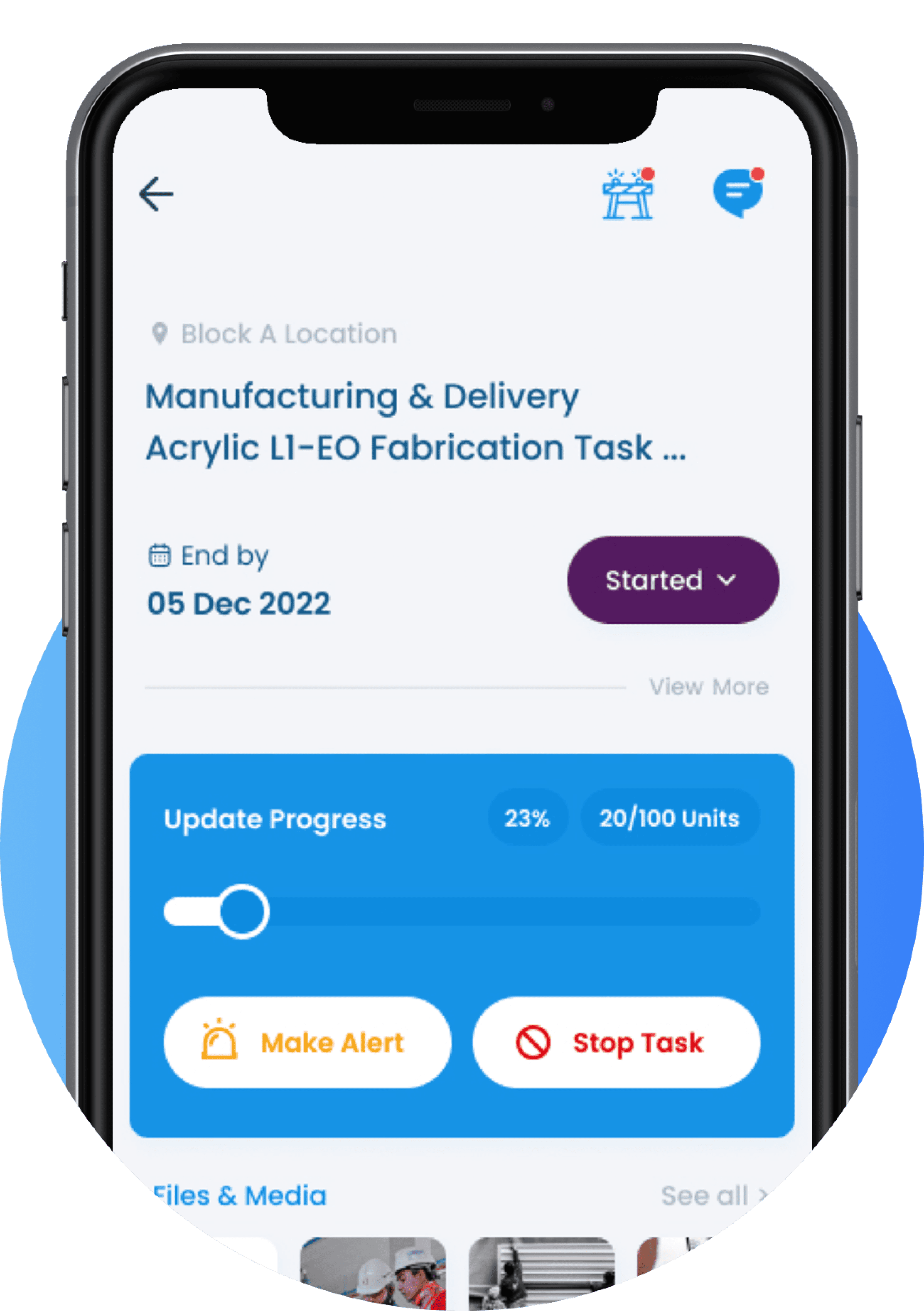Across the globe, inflation rates are soaring. Interest rates are rising. Add to it the woes of the Covid 19 pandemic, new geopolitical risks, and supply chain disruptions – the world is facing yet another challenging time. The construction industry has taken a huge hit.
In the UK, the builders report customers are putting new work on hold as inflation is soaring over a 40-year high. A report in The Guardian says ‘ S&P Global’s construction sector index showed depressed activity last month, after an even steeper fall in July. The Cips UK construction purchasing managers’ index was 49.2 in August, after a reading of 48.9 in the previous month. A figure below 50 indicates the sector has contracted. Andrew Harker, the economics director at S&P Global Market Intelligence, said the sector “looks set to be in for a challenging period”. The lack of skilled labour is yet another issue that is plaguing the industry.
Glenigan’s UK Construction Industry Forecast 2022-2024 released recently says that the construction industry will face challenging economic conditions over the next three years.
In the US too, construction and housing market activity has slowed. Financial services and real estate firms are laying people off. The trickle-down effect is enveloping the whole world. We take a deep dive into how it is affecting the construction industry and how digitalisation could be the answer.
How does inflation affect the construction industry?
The first and foremost effect of inflation is felt on the budgets and the profit margins. The construction industry is complex with various items and people involved. Supply chain partners provide the materials and pieces of equipment, and skilled labour is the most important component. If a contractor hits a roadblock under the present conditions, the costs rise manifold in addition to the existing direct costs. This in turn affects their profit margins.
While inflation continues to rise, it is more important than ever to start mitigating the effects on construction projects before things slip out of hand.
How can the construction industry counter the effects of inflation?
Performance, predictability and people are the need of the hour. For construction projects to meet expectations, there should be a strategic plan shared among all members of the team for the stakeholders to play it effectively.
If you want to mitigate inflation’s effect on your projects, here are some simple steps.
Improve your cost tracking and control
Deferring large expenses is the first bet that contractors will make during an impending recession. Experts opine that what is mandatory is to ensure that money is being monitored accurately as the work proceeds.
Purchase materials ahead of time
It is ideal to buy materials that provide the best results instead of expensive options last minute. Hence, keep a track of your lookahead and ensure that prerequisites are met well in time.
Provide flexibility in the contract
Review project and projected costs and be ready for adjustments based on the business profitability. Allow teams to work together towards a common goal of project success by defining collaborative processes within the contract.
VisiLean – Lean-Digitalisation to mitigate the impact of inflation
At VisiLean, we believe that real magic is done by real people, who collaborate more effectively. Ever since construction projects have become more challenging and complex with stricter regulations, timelines, and budgets, it has become important for construction companies to stay competitive and profitable by maximising value adds while minimising waste. This is when the construction industry adopted the Lean methodology. Lean construction management principles allow companies to work more collaboratively and efficiently. The Lean principle is rooted in respect for customers and continuous improvement, which is the need of the hour.
Lean allows for companies to have early stakeholder involvement which ensures everyone is working on the same page. With tools like pull planning and making weekly work plans ready, teams can ensure that the project is always looking ahead to mitigate the impacts of any potential constraints. Reviewing the performance each week for variances can ensure that the same issues are not repeated throughout the duration of the project. All of this results in a higher quality of output and operations. Thirty years since the industry adopted Lean, things are picking up pace, and the digitalisation of lean tools and workflows has enabled the adoption and deployment significantly.
At VisiLean, we strive toward simplifying the construction management process and workflows – removing complications and hurdles that disrupt the flow of information and improving the communication between all stakeholders of the projects. With this, it is essential to have all the stakeholders on a common platform, rather than being updated through multiple channels. With VisiLean, you can create multiple organisations, or simply, Teams, as per your choice and project workflow. This gives you the power to categorise and filter planning, monitoring, as well as performance review accordingly. You could have your Designers and Consultants added to the platform, along with your execution teams, for seamless communication.
It’s not all gloom
With recession and stagflation on the horizon, these integrated digital construction innovations are taking centerstage. And the future is bound to be exciting despite all the tough times. The infusion of technological advancements is making a paradigm shift in the AEC industry. A strategic plan collaboratively developed by the stakeholders is essential to the success of a construction project.
Will the changes of the day propel us toward an industry that is truly digitalised and capable of delivering consistent, repeatable, and certain results? At VisiLean, we hope to be the harbingers of such a dynamic change.
Don’t get left behind. Discover how VisiLean can enable your teams to be more efficient. Want to know more? Head to our YouTube channel , or visit our website, to learn about all our features and book a demo with our team!







